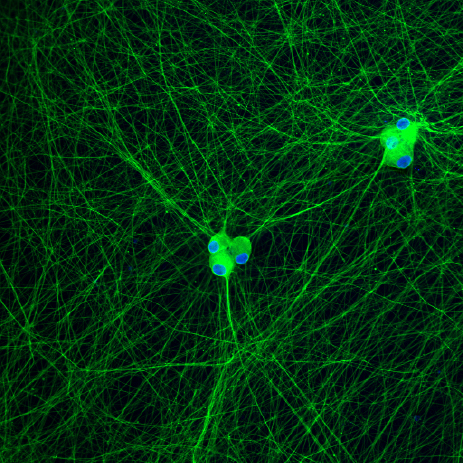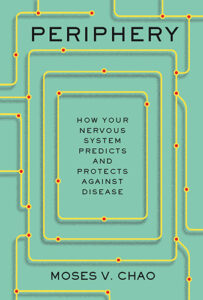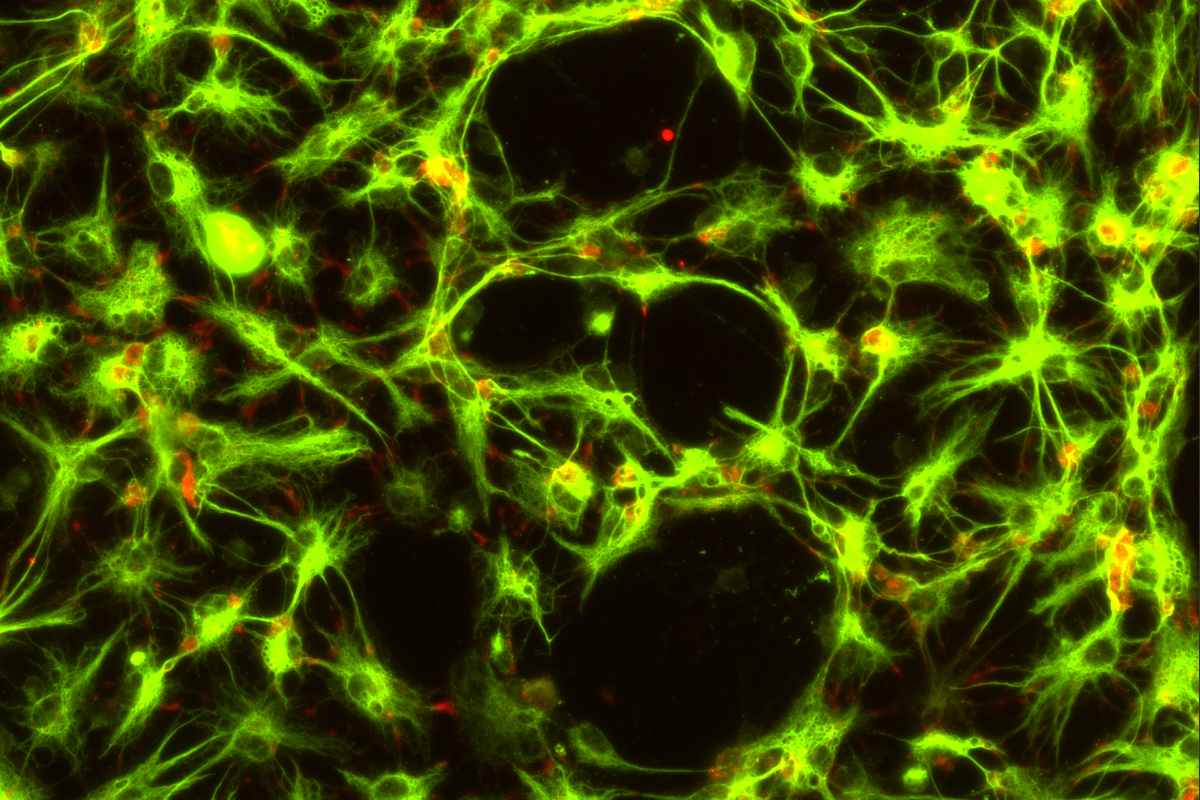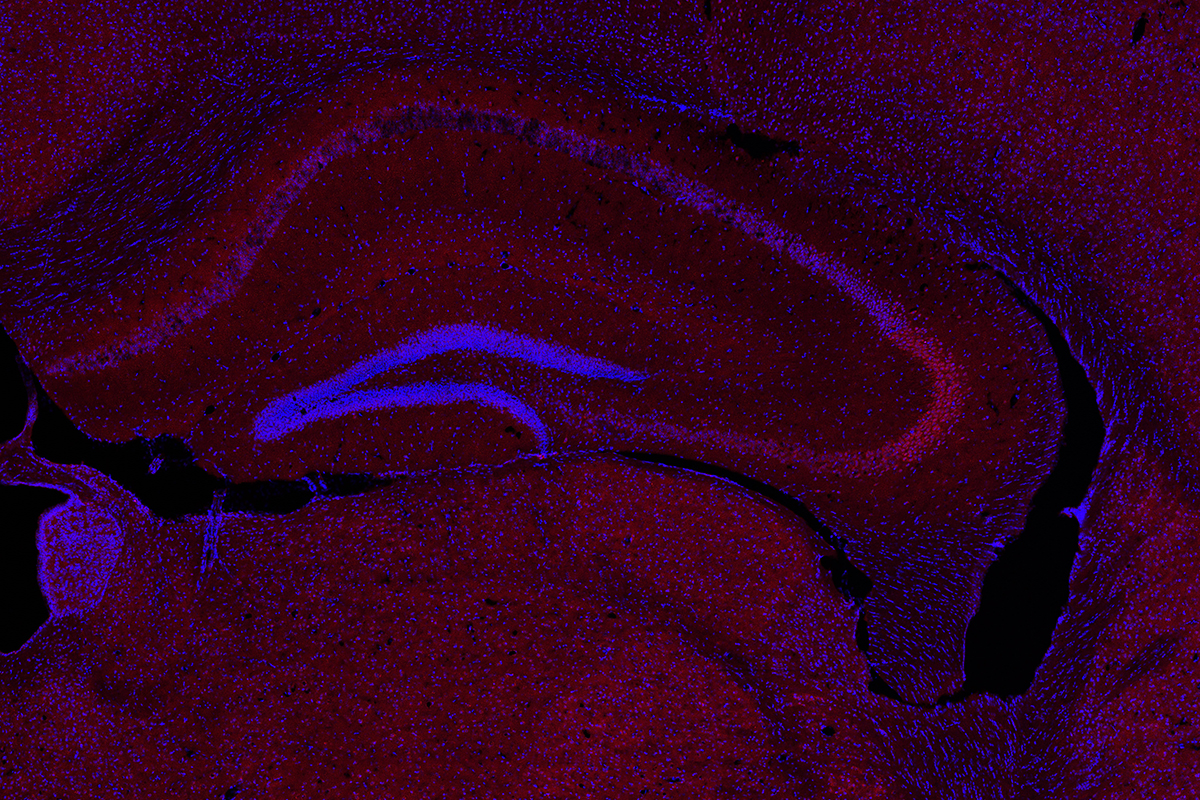Periphery: How Your Nervous System Predicts and Protects Against Disease
by Moses V. Chao, Harvard University Press. October 24, 2023
As Moses V. Chao argues in Periphery, from Parkinson’s disease to autism to dementia, many neurological conditions emerge not in the brain but rather within the peripheral nervous system, the gastrointestinal tract. What’s more, dysfunctions of the peripheral nervous system can signal the onset of disease decades before symptoms like tremor or memory loss occur. Fortunately, unlike nerves in the brain and spinal cord, peripheral nerves can heal and regenerate in response to injury and aging.
Moses V. Chao
New York University School of Medicine
Research Objectives
The laboratory is interested in how the environment, neuronal activity, inflammation, injury and disease affect the nervous system.
In particular, the mechanisms and the molecules that react to these challenges are of interest.
Several basic questions are being addressed:
- How do cells communicate with each other?
- What are the cellular mechanisms for hypersensitivity in the nervous system (relevant to autism spectrum disorders and pain)?
- Why do neurodegenerative diseases target only a subset of neurons (such as motor neurons) and not other neurons?
- How do viruses decide between latency and lytic decisions in neurons?
- How do neurons become dependent and independent upon trophic support?

A common theme that touches on these questions are neurotrophic factors which are secreted by neurons and target cells.
The function of trophic factors are:
- Keep neurons alive & avoid cell death
- Change neural plasticity
Our mechanistic studies are fundamental to future treatment of psychiatric and neurodegenerative diseases. The goals of the laboratory are to define the downstream steps in signaling by trophic factors and to understand how specificity is generated by cell-cell communication in the nervous system.
Image: Dorsal Root Ganglion Sensory Nerves


